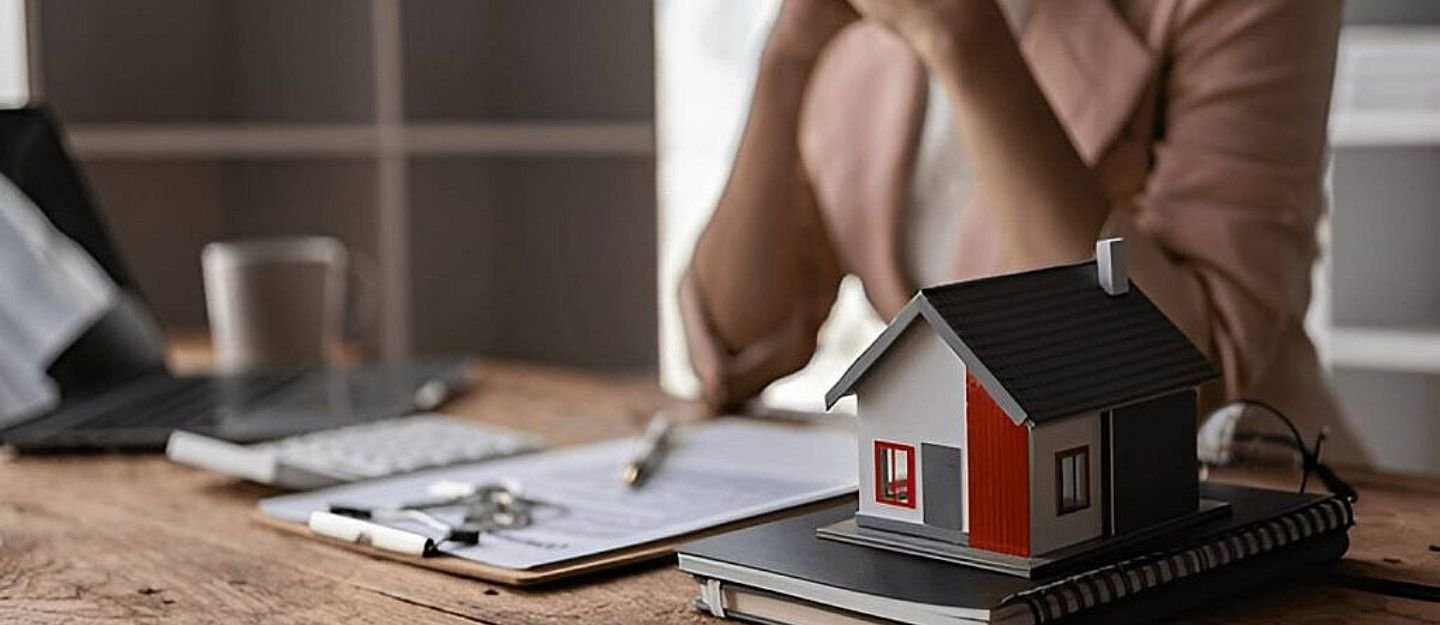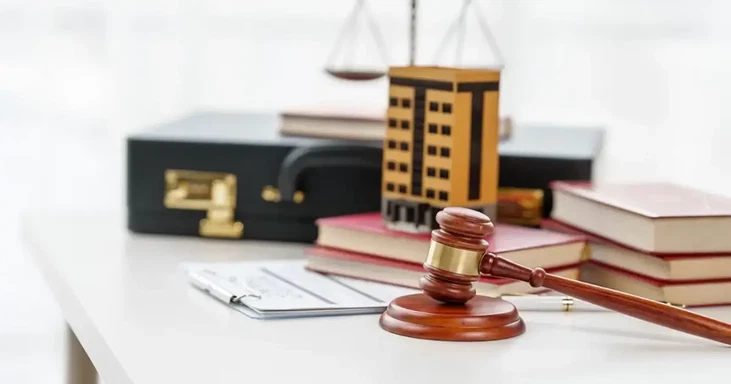
Buying off-plan property in Dubai can be one of the most rewarding investments if done right. The city’s booming real estate market, high ROI potential, and continuous development make off-plan projects highly attractive for investors and end-users alike. However, while the glossy brochures and tempting payment plans may look promising, the legal side of purchasing an off-plan property demands careful attention.
Without proper due diligence, investors can easily face delays, disputes, or even financial loss. This comprehensive legal checklist will guide you through every essential step to ensure your off-plan property purchase in Dubai is fully compliant, safe, and legally protected.
Before diving into the legal checklist, it’s crucial to understand what buying “off-plan” means. An off-plan property is one that is sold before it’s completed, often at a lower price than ready units. Buyers typically pay in installments linked to the project’s construction progress.
This method offers benefits such as flexible payment terms, early-bird pricing, and high appreciation potential upon completion. However, it also carries risks—like construction delays, project cancellations, or disputes over handover quality. Hence, knowing your legal rights and obligations is vital.
The first and most important step is to ensure that the developer is legally registered and reputable. In Dubai, every legitimate real estate developer must be registered with the Dubai Land Department (DLD) and have a valid license from the Real Estate Regulatory Agency (RERA).
Checklist to verify the developer:
A credible developer not only ensures timely delivery but also minimizes the risk of legal disputes in the future.

Once you have verified the developer, the next step is to ensure that the project itself is approved and registered under RERA. Every off-plan development in Dubai must be listed in the RERA database and assigned a unique project number.
Why this matters:
RERA registration guarantees that the project meets Dubai’s strict legal and construction standards. It also ensures that the developer can’t collect funds directly; all buyer payments must go into an escrow account, offering financial protection.
To verify project status:
The escrow account is your biggest safeguard when buying off-plan. It acts as a trust account managed by an approved bank under RERA’s supervision, ensuring that developers use your payments only for construction purposes.
Here’s what to check:
This mechanism was introduced to protect buyers from fraudulent activities and ensure the completion of projects even if a developer faces financial issues.
The Sale and Purchase Agreement (SPA) is the most critical legal document in an off-plan transaction. It outlines all the rights, responsibilities, and obligations of both the buyer and the developer.
Before signing, carefully review every clause—or better yet, have a qualified real estate lawyer examine it.
Key elements to check in the SPA:
Ensure that all verbal promises from the developer are included in writing within the SPA. Never rely on marketing brochures or verbal assurances alone.

Transparency in construction progress is vital for off-plan investments. Developers are legally required to update project milestones regularly with RERA.
What you should do:
Staying informed about construction status helps you identify potential red flags early, such as delays or deviations from the original plan.
One of the main concerns for off-plan buyers is project delays or cancellations. While Dubai’s real estate laws offer strong buyer protection, it’s still essential to understand your rights under such circumstances.
Legal safeguards:
Always ensure the agreement includes a timeline for delivery and outlines consequences if the developer fails to meet the handover date.
Off-plan properties often come with flexible payment plans linked to construction milestones. While this is convenient, missing payments can lead to penalties or even contract termination.
Keep in mind:
Proper documentation of every transaction will help if disputes arise later.
Once you’ve signed the SPA and made the initial payment, the next step is Oqood registration. Oqood is a pre-title registration system by DLD that records your ownership interest in the off-plan property.
Checklist for Oqood:
This registration officially recognizes you as the property’s purchaser and protects your rights under Dubai property law.
When the project nears completion, ensure that the handover process is handled properly. Developers must notify buyers and conduct a snagging inspection to identify any defects or issues before final delivery.
Steps for a smooth handover:
Do not sign the handover form until you are satisfied with the property’s condition.
After receiving the property, buyers must settle remaining dues and register the property under their name.
Post-handover checklist:
Keeping your property documents updated ensures smooth resale or leasing in the future.

While Dubai’s property laws are transparent, real estate transactions can still be complex. Hiring an experienced property lawyer or consultant ensures that all documents, agreements, and payments comply with legal standards.
They can help you:
A small investment in legal advice can save you from large financial losses later.
Although Dubai has no property tax, there are several transaction-related fees that buyers must consider.
Common charges include:
Understanding these costs in advance prevents last-minute surprises.
Even with all the above precautions, buyers must stay alert for potential warning signs:
If you encounter any of these, consult RERA or a real estate lawyer immediately before proceeding.
Buying an off-plan property in Dubai offers lucrative opportunities, but it must be done with careful legal consideration. By following this comprehensive legal checklist, you can protect your investment, avoid common pitfalls, and ensure full compliance with Dubai’s property regulations.
Whether you’re a first-time buyer or a seasoned investor, the golden rule is simple: never rush, always verify, and keep everything documented. A legally sound purchase will not only safeguard your money but also guarantee peace of mind as you watch your dream property rise on Dubai’s skyline.
Do Follow Estate Magazine on Instagram
